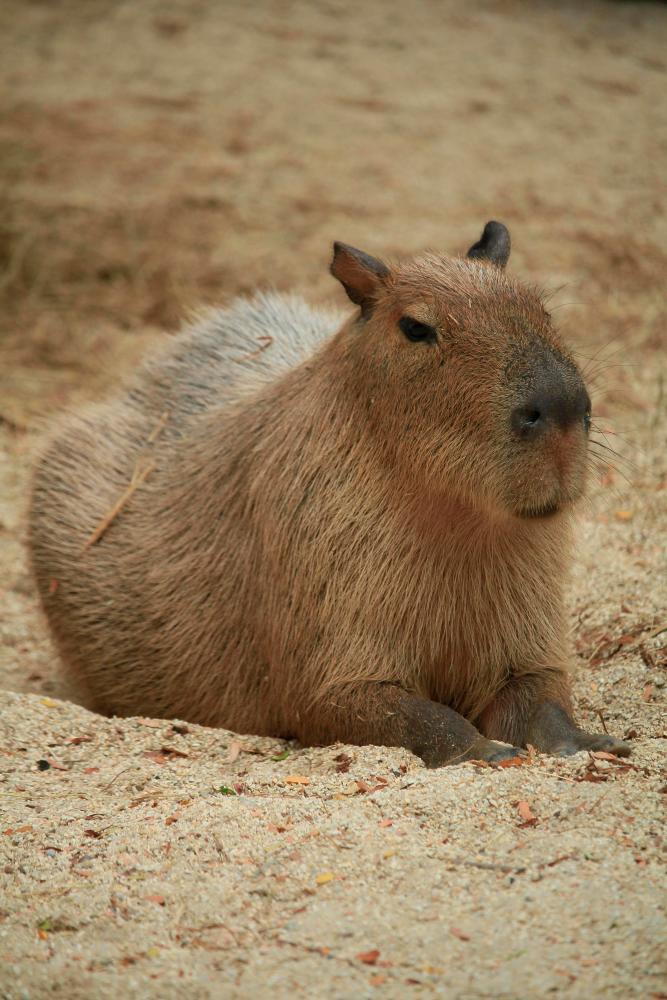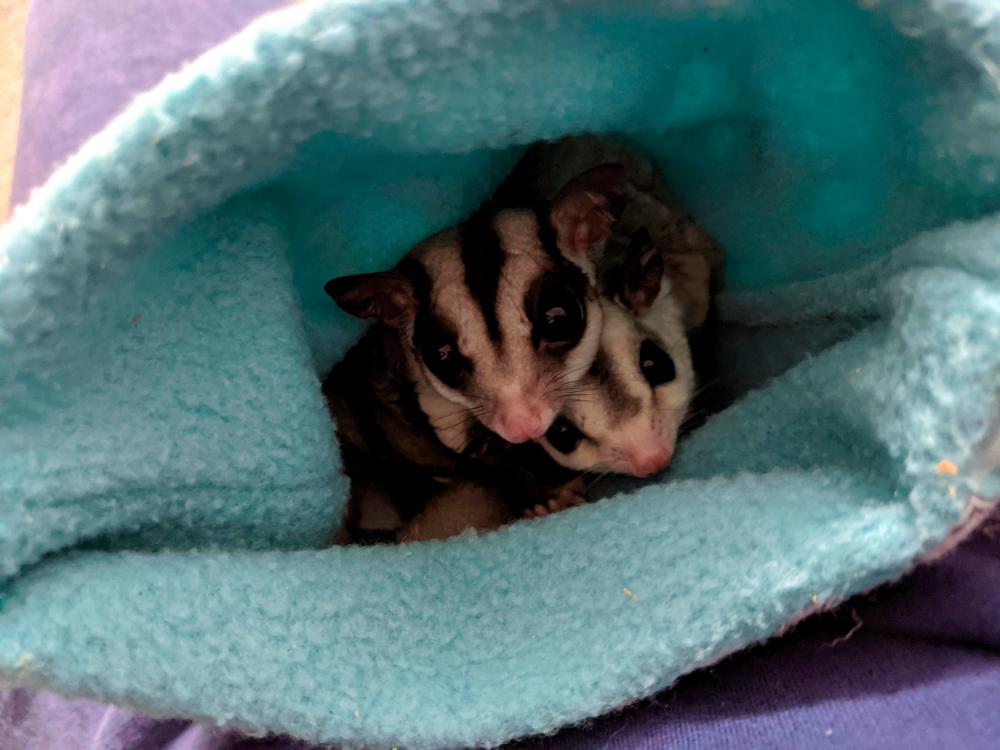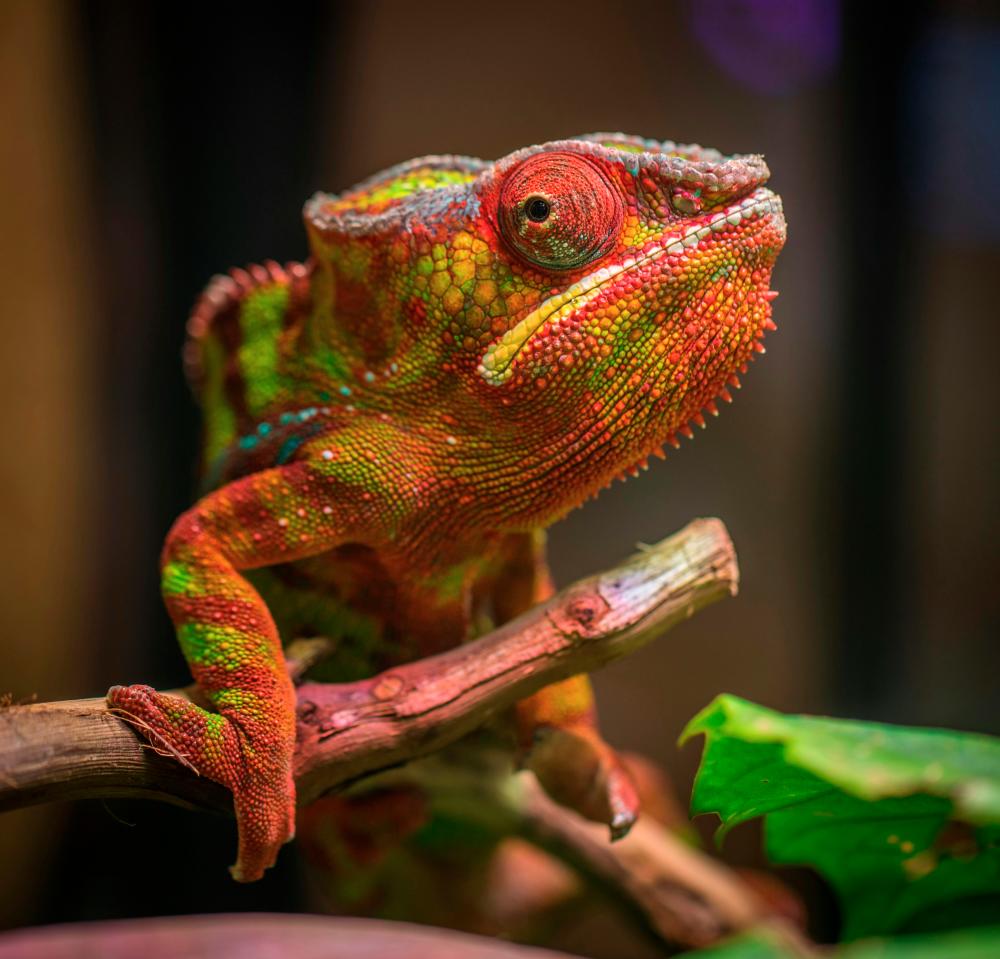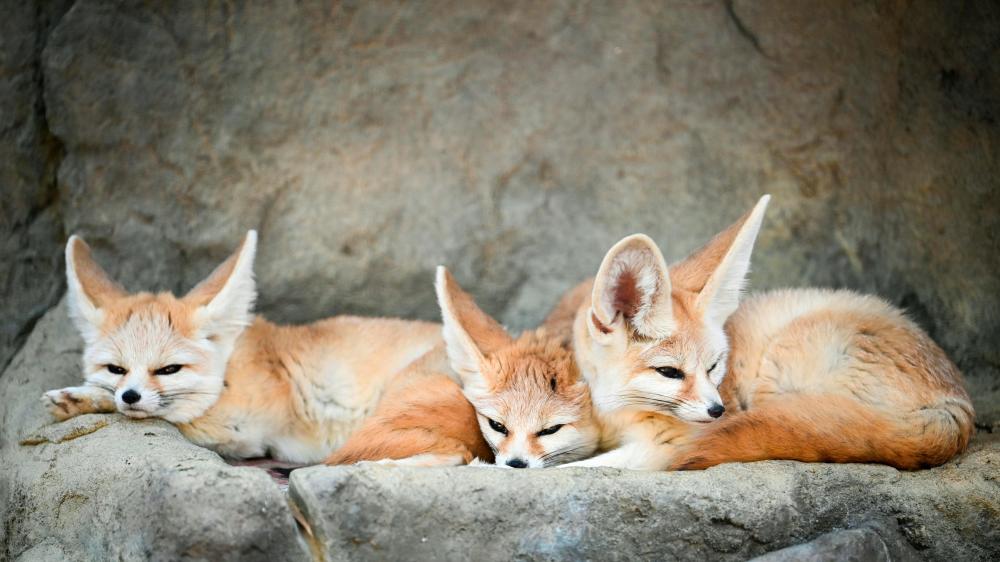THE allure of owning an exotic pet is undeniable, with their unique beauty and fascinating behaviours captivating the imagination of animal enthusiasts worldwide. From majestic big cats to colourful reptiles, the prospect of sharing a home with a creature from distant lands can be both thrilling and rewarding. However, the decision to welcome an exotic animal into one’s life comes with a host of considerations, ranging from ethical and legal concerns to the practical challenges of care and maintenance.
Here are some of the pros and cons of owning an exotic animal as a pet.
Pros
-> Unique companionship and bonding
One of the primary appeals of owning an exotic pet is the opportunity for unique companionship and bonding. Exotic animals often possess distinct personalities and behaviours that can foster deep connections with their human caregivers. Whether it’s the playful antics of a capuchin monkey or the gentle affection of a ball python, the bond between exotic pets and their owners can be profoundly rewarding, providing companionship and emotional support.

-> Educational opportunities
Exotic pets offer unparalleled educational opportunities, providing owners with firsthand insights into the biology, behaviour, and natural history of their chosen species. Caring for an exotic animal requires a deep understanding of its specific needs, habitat requirements, and dietary preferences, encouraging continuous learning and enrichment. Additionally, exotic pets can serve as ambassadors for their species, raising awareness about conservation issues and inspiring others to appreciate and protect wildlife.
-> Conservation advocacy
Responsible ownership of exotic pets can contribute to conservation efforts by supporting captive breeding programmes, research initiatives, and habitat preservation projects. Many exotic pet owners are passionate advocates for wildlife conservation, actively engaging in outreach activities, fundraising campaigns, and educational programmes to promote the welfare of endangered species and ecosystems. By fostering a personal connection with exotic animals, owners can inspire others to take action to protect biodiversity and preserve natural habitats.

-> Therapeutic benefits
Exotic pets can provide therapeutic benefits to their owners, offering companionship, stress relief, and emotional support. Interacting with exotic animals has been shown to reduce anxiety, depression, and feelings of loneliness, promoting overall well-being and mental health. For individuals facing challenges such as post-traumatic stress disorder, autism, or chronic illness, the presence of an exotic pet can offer comfort and a sense of purpose, enhancing quality of life and promoting healing.
Cons
-> Ethical and legal considerations
The ownership of exotic pets raises complex ethical and legal considerations, including concerns about animal welfare, conservation and public safety. Many exotic species are subject to strict regulations governing their importation, sale, and ownership, with permits, licences, and inspections required in some jurisdictions. Additionally, the exotic pet trade can contribute to habitat destruction, population declines, and the illegal trafficking of endangered species, raising ethical questions about the exploitation of wildlife.

-> Specialised care requirements
Exotic animals often have specialised care requirements that can be challenging to meet, requiring extensive knowledge, resources, and commitment from their owners. From dietary needs to environmental enrichment, providing appropriate care for exotic pets necessitates a thorough understanding of their species-specific requirements and behaviours. Moreover, the long-term commitment involved in caring for exotic animals can be significant, as many species have lifespans that extend well beyond those of traditional pets.
-> Health and safety risks
Exotic animals pose inherent health and safety risks to their owners and the broader community, including the potential for diseases, injuries and property damage. Many exotic species carry pathogens that can be transmitted to humans, posing a risk to public health and safety. Additionally, certain species may exhibit aggressive behaviours or possess physical characteristics that can pose a danger to their owners or others, necessitating careful handling and supervision.
The decision to own an exotic pet is a complex and deeply personal one that requires careful consideration of the pros and cons. Prospective exotic pet owners must weigh these factors thoughtfully and ensure they are prepared to provide the highest standards of care for their chosen species. Ultimately, responsible exotic pet ownership requires a commitment to the welfare of the animal, adherence to legal and ethical standards, and ongoing dedication to promoting the conservation and protection of wildlife.









